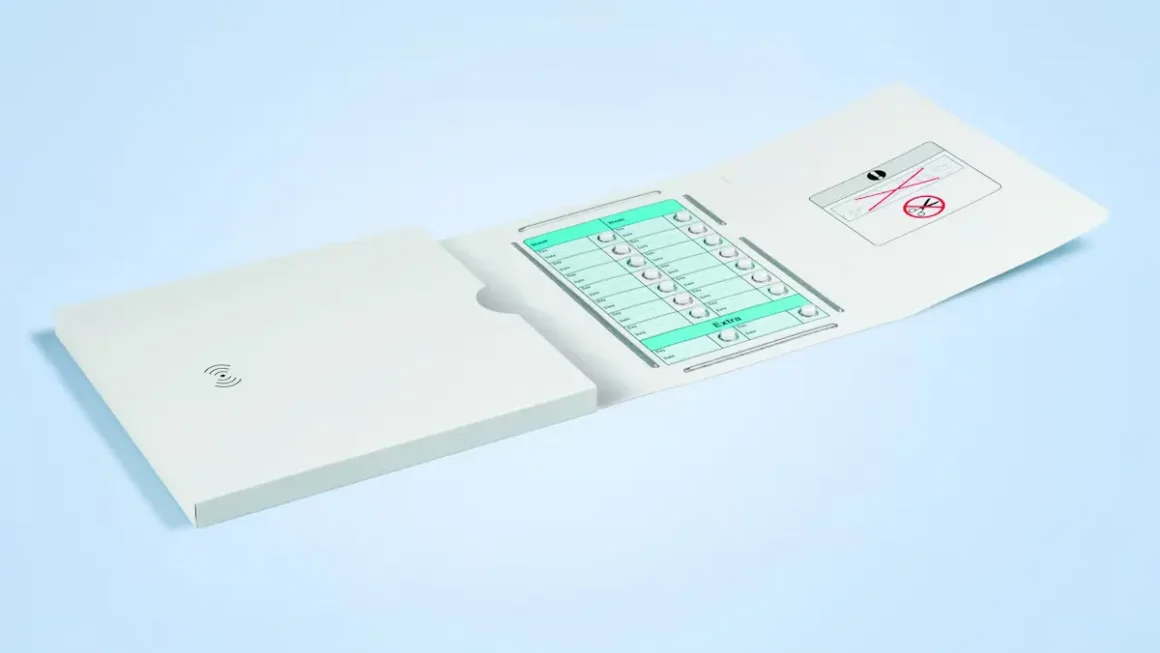Are you experiencing sleeping difficulties? Are you unable to sleep even when you are tired right to your bones or do you wake up every couple of hours and then toss and turn till sleep comes again? Insomnia, among many other symptoms, is a sign of generalized anxiety disorder or GAD.
Anxiety is a normal human emotion where we experience feeling of distress, worry, and panic especially when things are tensed. In a normal situation, this anxious feeling fades away in due time and is mostly replaced by optimism. But when this anxious feeling persists and you feel restless and uncomfortable all the time, it is a sign of clinical anxiety.
There are different types of anxiety disorder identified as medically. Each describes anxiety in different forms, arising from varying triggers. The most common form of anxiety disorder is a generalized anxiety disorder which is identified by prolonged bouts of panic, stress, insomnia, indigestion, etc. PTSD or post-traumatic stress disorder happens to a person who has witnessed man-made or natural calamity up-close or is a victim of abuse or has had some kind of traumatic experience. Being unable to attend social gatherings, unable to speak in front of a crowd is also a common form of anxiety. Phobias of varying proportions can also be identified as an anxiety disorder.
What Happens When You Suffer from Anxiety Disorder?
At first, the symptoms of anxiety seem normal. Lack of sleep, eating trouble, indigestion, loss of will power, stress, panic, faltering eyesight, etc. may all seem normal – especially when you are having a tough day at work. Generally, these symptoms go away over time but when they don’t, you should consider them seriously. The common symptoms of anxiety are –
- Nervousness,
- Trembling,
- Sweating,
- Increased palpitations,
- Sense of impending doom,
- Trouble sleeping, and/or insomnia,
- Urge to avoid circumstances that trigger panic and anxiety,
- Continuously feeling tired and weak,
- Hyperventilation or rapid breaths,
- Trouble concentrating
It must be noted that symptoms can both be physical and mental. It is important to not only identify the symptoms but also to understand the triggers that cause the symptoms to arise.
What is Anxiety Relief?
Anything that helps stop triggers from reoccurring, again and again, can be called anxiety relief measures. There are a whole bunch of things that can relieve anxiety. Anxiety relief measures are not standardized and do not work the same way for everyone. Something works for one, other things work for the rest. So if you are wondering what can relieve anxiety, you have to take baby steps into behavioral and lifestyle changes to see what is effective on you and what isn’t.
Anxiety Relief Measures You Can Practice At Home
Perseverance, dedication, and the willpower to alter your mental condition are what really helps to reverse the effects of anxiety disorder. It is important to acknowledge that you are suffering from anxiety and is indeed a medical condition. Secondly, you must understand that treating anxiety disorder is not difficult. In fact, most doctors recommend making lifestyle changes in order to reduce the effect of anxiety. Medicines and pills can work only to a certain point (they are definitely important in severe cases).
6 Things You Can Do To Curb Your Anxiety
- Sleep Well – It is difficult to sleep when anxious thoughts keep you awake all night. But if you want to lead a healthier life, you must sleep on time, for a good 7-8 hours of rest. Proper sleep will ensure that your brain has rested adequately and is able to take up the challenges and chores of daily life.
- Make Wholesome Meals A Daily Routine –What you eat, when you eat and how you eat says a lot about your mental health. It isn’t a good practice to stuff in the oily, junk food every night before bed. It not only adversely affects your digestive system but also can play up with your mental health. One of the cornerstones of good mental health is eating healthy. Make sure you eat wholesome meals in proper proportions. Schedule your meal times in such a manner that you do not have long breaks between meals. Small portions at regular intervals are desirable.
- Meditate – What can relieve anxiety? Among the many things that can help relax your mind, one is meditation. It is effective, tried, and tested method to calm the mind. Often times a volatile mind gets easily anxious. It is important to relax the mind which is possible through deep-breathing and meditation.
- Exercise – Keeping the body fit and active also helps the mind function smoothly. It is a good practice to exercise every morning and is the first thing you should do when you wake up. A few minutes of walking, running, jogging, or practicing yoga will not only relax your muscles but also help your brain have better control of your thoughts.
- Pick Up a New Hobby – We often say that an idle mind is a devil’s workshop. Since it is the mind that we have to train to be less anxious and to relax easily, it is important that you keep yourself mindfully occupied, even when not working. Excessive thinking, deeply analyzing how things could have been different doesn’t help. Learn something new – play a musical instrument, cook more – do what makes you happy.
- Use Over-the-counter Supplements – While attempting to control the mind is a good practice, a little help is also welcome. You can start taking over the counter supplements which are effective in controlling anxiousness, stress, and panic. Supplements such as herbal ones are known to provide anxiety relief without side effects. The best ones are those which are made using 100% naturally-occurring ingredients. It is recommended that you start taking a pill that has Ashwagandha, St. John’s Wort’s Chamomile extract, B- Vitamins, GABA, etc. They are all stress-relieving ingredients.
You can take control of your anxious thoughts and panic attacks by making a few changes in your life. They are not difficult and all you need is patience and perseverance. Do not live with anxiety. Take control today!




